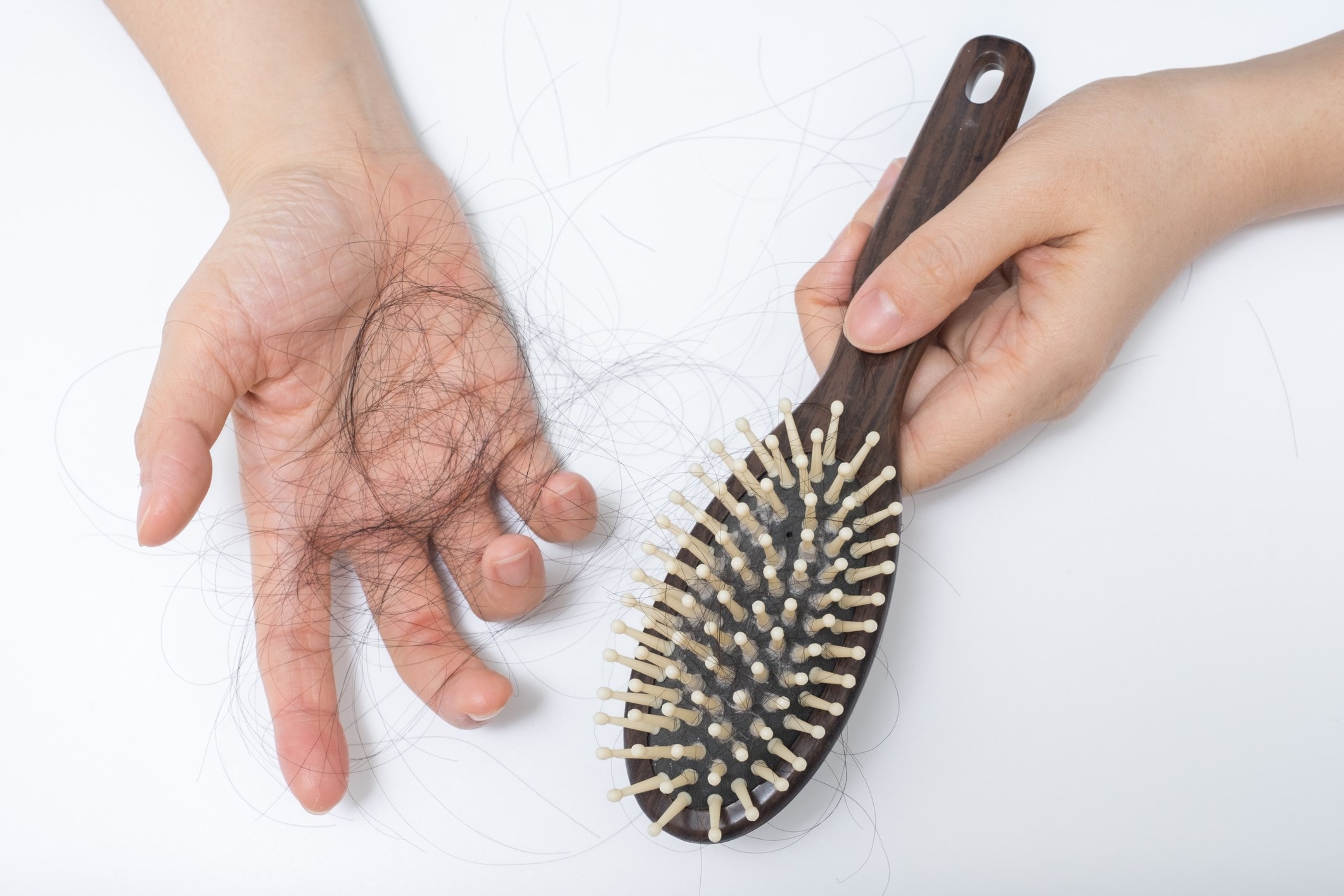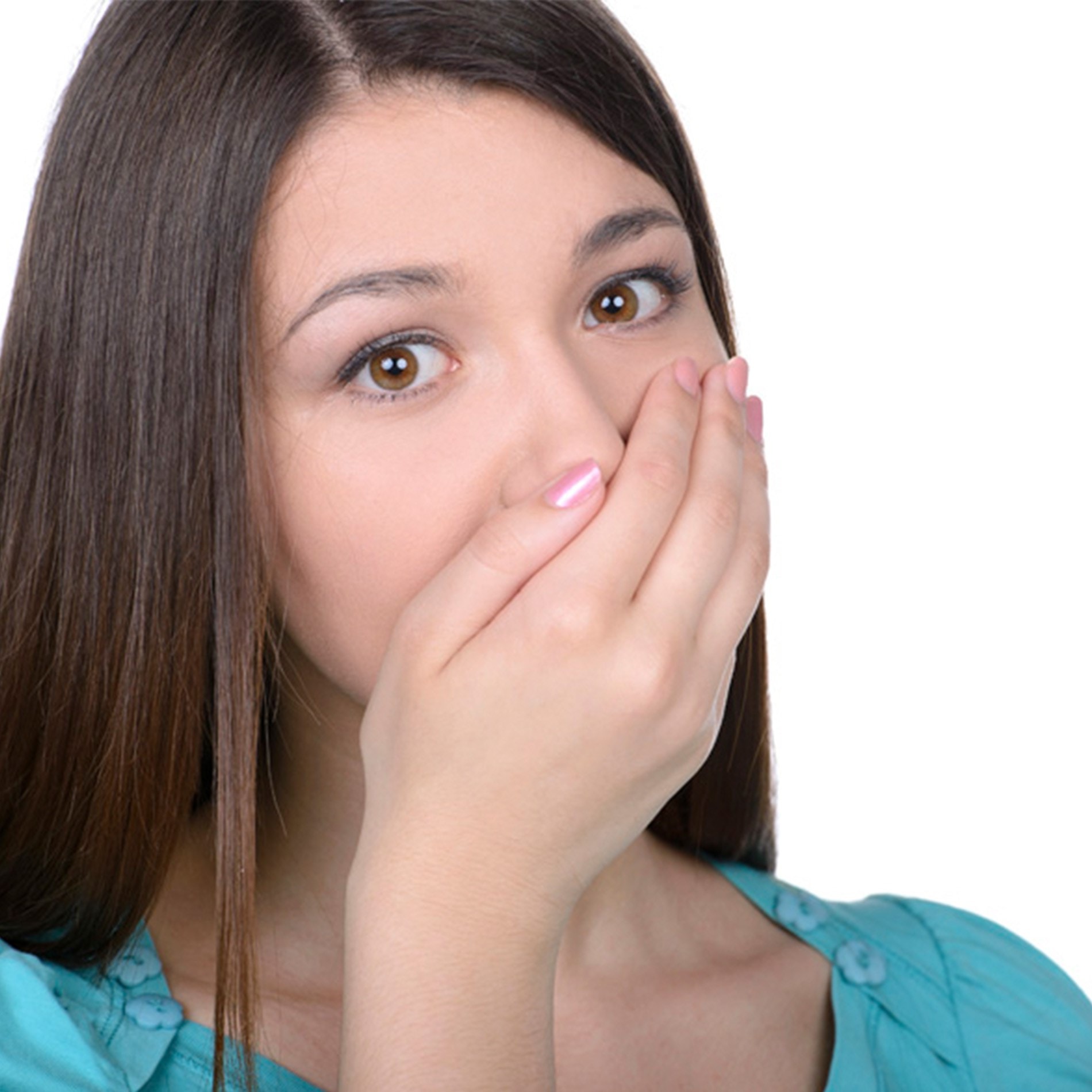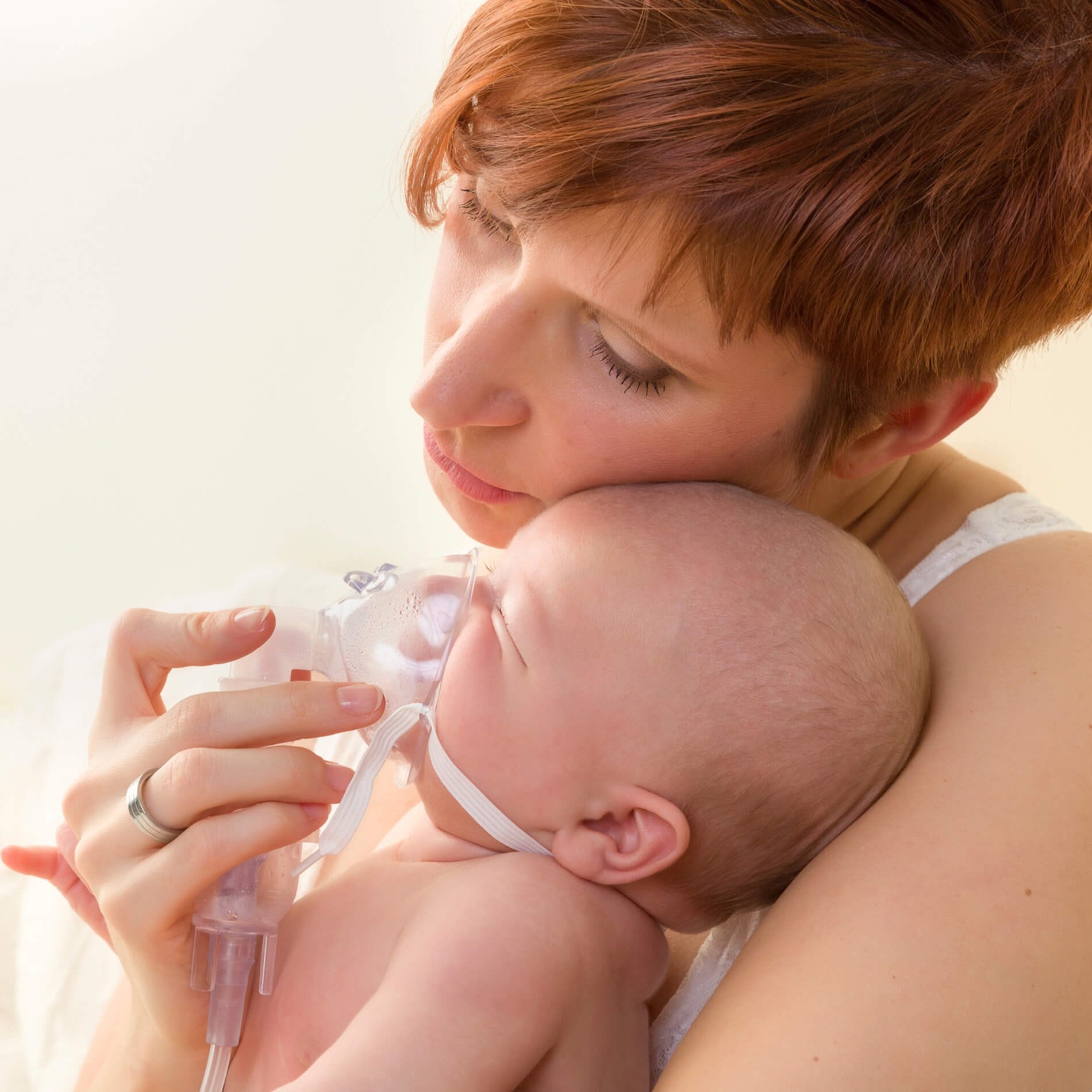Surprising Link Between Alopecia & the Gut
It has been suggested that probiotics could help in the treatment of alopecia areata. This theory was explored a couple of years ago by the Channel 4 TV programme ‘The Food Hospital’, in which a young woman with alopecia was given a probiotic supplement for her IBS, which showed amazing results, not only for her gut health, but also for hair regrowth!
Within this article:

What is alopecia?
Alopecia is an auto-immune condition that causes the immune system to produce antibodies that attack the body's healthy hair follicles, resulting in either patchy or total hair loss. This hair loss may be acute or chronic, and it may recur or have relapses, either way it is a very distressing condition, and much research has been done into possible treatments. The cause of the condition is not really understood, but it is thought that there could be a combination of genetic and environmental factors, such as stress and other existing auto-immune conditions e.g. Systemic Lupus Erythematosus (SLE) or Hashimotos thyroiditis.
Allopathic treatment
Allopathic (mainstream medical) treatment of the condition generally consists of either steroid injections or topical application of steroids, however the success rate is not high, and sufferers are routinely told that there is sadly no ‘cure’ at the present time. In some cases, the hair grows back on its own after about a year, however this is not always the case. Sufferers often are left to battle feelings of distress and anxiety, which can in turn exacerbate their symptoms.
A complimentary health perspective
It is generally accepted within the field of complementary health, that auto-immune conditions stem from the gut, and interestingly enough Rhianna, the young lady featured in the Food Hospital programme, also presented with IBS in addition to her alopecia. The programme's dietician opted to treat the IBS as the primary condition, rather than the alopecia, as it was postulated that it was the digestive disorder that was altering her body chemistry and therefore contributing to her hair loss. The alopecia was thought to be a consequence of faulty digestion, rather than the primary condition. It appears that many sufferers of alopecia do have some form of digestive condition, or have been through a prolonged period of stress or anxiety which hinders digestion and alters gut flora.
Stress is well known to have a negative impact on digestion by reducing blood and nutrient flow to the digestive tract. Extreme stress can also reduce the levels of ‘friendly’ bacteria in the gut, which in turn can lead to an over-growth of pathogenic strains of bacteria. These pathogenic microbes release a myriad of different toxins and inflammatory factors which can damage the intestinal wall, and lead to a ‘leaky gut’ situation. Once the epithelial lining of the GI tract has become ‘leaky’ (or permeable) in this way then toxins and partially digested food particles can leak through in to the blood stream causing many different health complications.
One of the biggest impacts of having a leaky gut is the burden this places on the immune system. Undigested food particles, that should not be present in the blood stream, cause the immune system to mount an immune response against them. If this is happening on a constant basis then the immune system can become hyper-sensitive and start attacking its own tissues, which in the case of alopecia would mean the destruction of hair follicles, resulting in hair loss.
What does this mean?
If you look at alopecia and hair loss within the context of an auto-immune condition that is most likely triggered by faulty digestion, then anything that can support healthy digestion and reduce the burden on the immune system could be beneficial. I would usually recommend that clients of mine, with an auto-immune condition, remove the most common allergens from their diet, which includes all grains and all dairy products. Additionally, they should try to manage their stress levels wherever possible.
Once the diet has been ‘cleaned up’ and offending, allergenic foods are eliminated, I would then move on to improving the gut flora in order to crowd out any pathogenic strains of bacteria/yeast and give the gut lining a chance to heal. Reducing inflammation in the gut would also play a part in the healing protocol.
The strain that ‘The Food Hospital’ programme looked at was a strain of Bifidobacterium infantis that has been trialled specifically on IBS. This strain has been found to reduce certain pro-inflammatory markers such as Interleukin 12 and C-reactive protein, whilst modulating the immune system. Whilst the programme focused on this one specific strain, it's important to mention that there are other probiotic strains on the market that have been clinically trialled and proven to be effective for IBS. To read more about them, you may wish to read our FAQ in the Probiotics Learning Lab: Which probiotics are for IBS?
Additionally, there are other strains of probiotic bacteria that appear to reduce stress and anxiety levels. For people with alopecia, breaking the stress cycle could be a useful therapeutic approach. Specific probiotics for anxiety was covered in the following blog post, also over in the Probiotics Learning Lab: Psychobiotics: just a fad or here to stay?
I don't think that we are anywhere near the stage when we can categorically say that probiotics help with alopecia, however I do think that given the link between auto-immune conditions and poor digestion, it could certainly be a sensible option to consider. At the end of the day, normalising gut flora certainly wouldn't do any harm, and as in the case of Rhianna, it could do the world of good. Anyone that watched the programme will know that Rhianna's results were spectacular with considerable hair re-growth, alongside a reduction in IBS symptoms.
To read more about the impact of our gut flora on auto-immune conditions, you may like to read the following blog:
Gut bacteria linked to rheumatoid arthritis and other auto-immune conditions.
Popular Articles
View all General Health articles-
General Health25 Sep 2023


